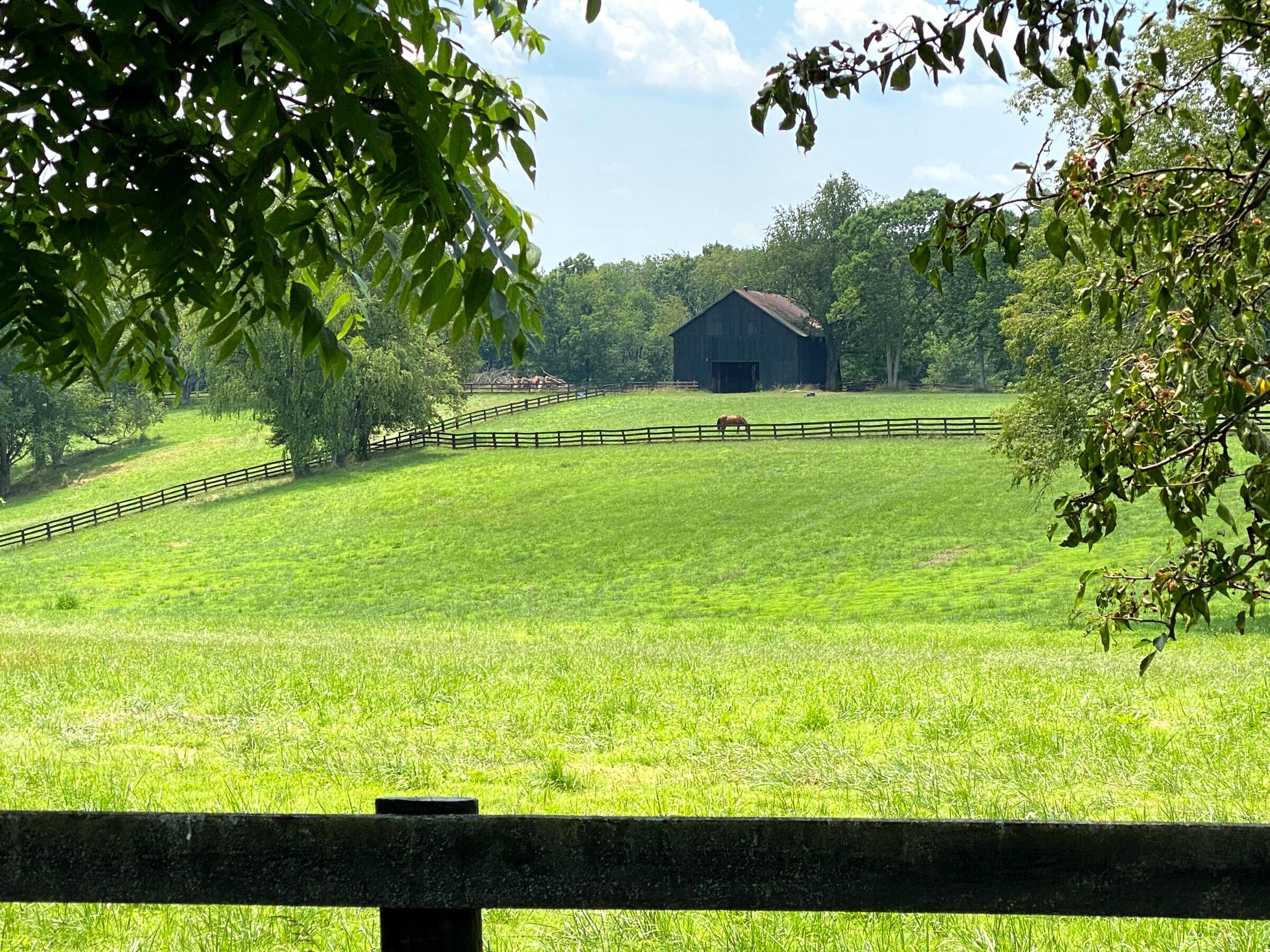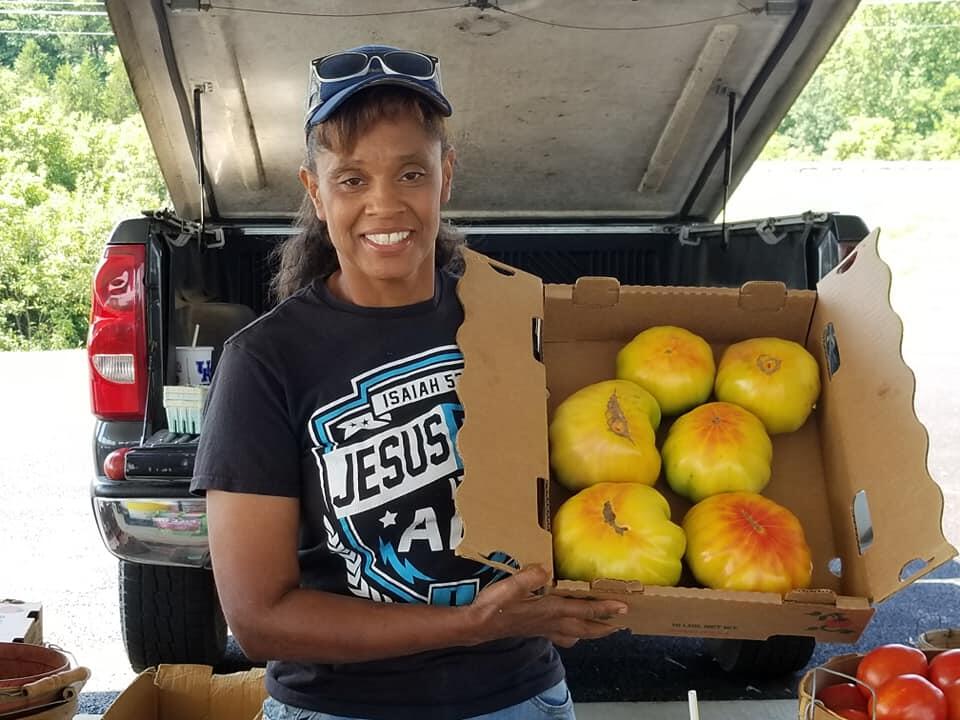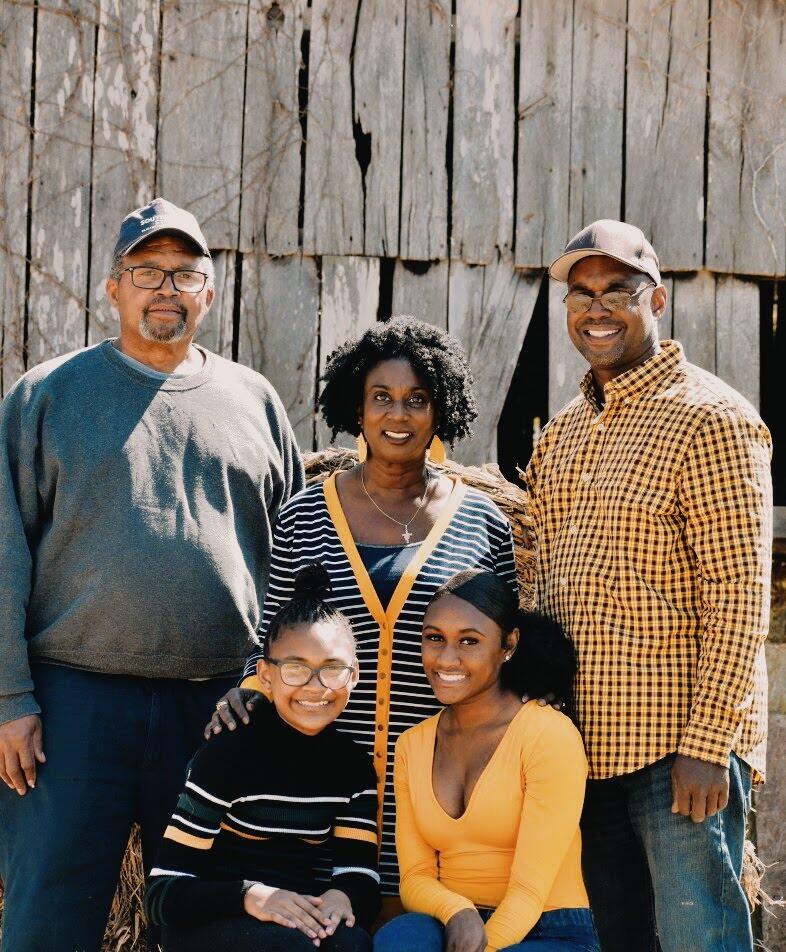In a state best-known for bluegrass music and horse racing, Kentucky's Black farmers are putting their lands on the list of can't-miss destinations.
“We’re world-renowned for our equine and horse-racing history,” says Ashley Smith, co-founder and COO of Black Soil KY, of Kentucky.
But the agricultural use of the state’s rolling, green hills? Not so much. Especially when those farmers are Black.
Smith, who in 2017 founded a group to connect travelers with Black-farmer-owned experiences in both rural and urban areas of Kentucky, was startled to learn the statistics. Only 1.4% of the state’s farms are owned by Black people—or 600 of the roughly 76,000 farms in Kentucky.
Even more troubling, the statistic’s not any better than the national figure at 2%. In fact, it’s worse. But if you look at the early 1900s in our country, says Smith, 15% of farmers were Black. Before that, she says, many Kentucky distillers were enslaved Black people. According to USDA research, 1920 was the “peak year” for nonwhite-owned farms in the American South. In fact, the report—released in 2003—also found that many Black farmers in this region were so successful they “achieved the status of landlords and became philanthropic community leaders.” Some bought land from white planters in exchange for farming it.
Recommended Fodor’s Video
“There’s so much about possession of the land and interpersonal sharing of the property,” says Smith.

Black Soil KY is about bringing Kentucky’s Black farmers back to their roots. And to do that, Smith’s created a variety of experiences and events for travelers to meet these farmers, to broaden their reach and exposure. These are a mix of rural and urban experiences. Many are bookable through Greyline Station in Lexington—where Black Soil KY runs a year-round farmers market—or through Black Soil KY’s website.
This might include farm-to-table dinners, workshops in farming/homesteading/agriculture (a recent one focused on apple-tree grafting), grill-out events, brunches, cooking/food demos, or farm tours. The goal, says Smith, is to “meet the farmer and build a relationship.” During the 11 days of SoulFeast Week each June, these farmers receive even more acclaim throughout Lexington. Food-driven events like a Juneteenth hip hop brunch, live blues paired with a charcuterie board, and Champagne with fried chicken (hosted at Coleman Crest Farm) introduce people to local farmers’ products. The festival, founded by twin siblings Martina and Marcellus Barksdale in 2020, partners with Black Soil KY. Smith is the events’ curator.
It’s important to showcase dining out at Black-owned restaurants, too, because of the disparity between those owned by white people and people of color. Black-owned restaurants have a 41% closure rate while it’s only 18% for white-owned, says Smith, a reality many saw during the pandemic. “We truly believe in working together,” says Smith about Kentucky’s farms and restaurants. Even printing a Black-owned farm’s name on a dinner menu is a step towards greater awareness. “When you represent 1.5% of the state, farmers have to work together,” she says.
“Why do we have such enormous disparities in agriculture?”
Proof a good idea can come full circle with the right amount of support, care, and love, Keeneland (the world’s most recognized thoroughbred-racing course, located in Lexington) now sells a Black Soil KY skillet frittata meal kit. Ingredients like meat and produce used to whip up the fluffy breakfast item are all harvested by Black farms, such as Ag in the City, Hills of Kindness Farm, and Cleav’s Family Market.
Smith didn’t set out to launch this career. Instead, it found her. While working in development, grant writing, and community engagement for a historic theater in Lexington, then in a policy-related non-profit job, she learned to ask critical questions about what she saw and heard. Although she grew up in a house that bordered a cow pasture, she was now a city girl.
“What happens when the food gets off the farm? People are hitting up against barriers and obstacles,” she says. “It allowed me to form this question: ‘Why do we have such enormous disparities in agriculture?’” Digging up the stats confirmed her suspicions.
“It’s allowed me to move into territory that I never thought was possible,” says Smith. “I kept that obnoxious curiosity that my parents always saw [in me].”






Wanted to follow this Community more but was diverted to signing up thru Fordors Travel which seems to have nothing to do with you (?)